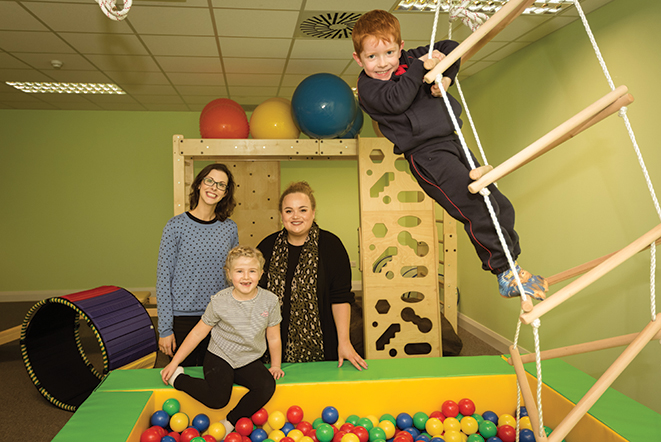Have you ever ‘gone with your gut’ when making a decision or felt ‘butterflies in your stomach’ when you were nervous? If so then you will have noticed how your thoughts can effect the sensations of your gut and bowel.
After 30 years of research Dr. Michael Gershon discovered that the nerve cells in the gut act as a brain. In his book ‘The second brain’ he explains how this ‘second brain’ can control our gut all by itself. Our two brains, the one in our head and the one in our bowel must cooperate. If they do not, then there is chaos in the gut and misery in the head, everything from ‘butterflies’ to cramps, from diarrhoea to constipation.
Poor gut health is linked with poor mental health and many doctors and nutritionists are writing books and articles about the brain/gut connection, explaining that what we eat can have a positive or negative effect on our mental health.
Dr Natasha Campbell-Mc Bride MD created the GAPS diet as a natural treatment for depression, schizophrenia, autism, dyspraxia, ADD, ADHD, dyslexia, and other child development problems. Her book GAPS – Gut and Psychology Syndrome provides an excellent summary of the nutritional biochemical connections with psychiatric and neurological disorders and gastrointestinal function. The full GAPS diet with recipes is included in the book and it is a wonderful resource for parents.
Psychiatrist Dr. Kelly Brogan MD writes “we can address depression and other symptoms by treating, protecting and nourishing the beneficial microbes in our gut”.
If you are interested in changing your food to improve your mood then here are three simple things that you can do.
1. Eliminate processed foods and sugar from your diet.
2. Add whole foods and good fats to your diet.
3. Add fermented foods to support gut ecology.
Processed foods have various chemicals added to improve the shelf life and flavour. When referring to flavour enhancers, colours, various E numbers, additives and preservatives Dr Campbell-Mc Bride explains “many of these chemicals have been conclusively shown to contribute to hyperactivity, learning disabilities, psychiatric disorders and other health issues.
Whole foods are unprocessed and unrefined plant foods like vegetables, fruits, whole grains, legumes, nuts and seeds that are a good source of fibre, vitamins and minerals. Good fats can be found in pastured meats, wild fish, eggs, nuts, seeds, olive oil, coconut oil or grass-fed ghee.
By eating probiotics in the form of naturally fermented foods like sauerkraut, olives, kefir or unsweetened natural yogurt you are introducing beneficial bacteria, which helps to restore and balance your gut flora.
Even when we have a list of the healthy and unhealthy foods to eat many of us find it hard to make the change we need to make. Processed foods and sugars have the ability to act like drugs in your brain. Researchers at the University of Michigan claim that food cravings that keep coming back despite your feelings of guilt and depression might be a sign that you have a food addiction.
Contact Amanda if you would like to overcome your emotional attachment to food, change your food to improve your mood or if you need help with food cravings or eating disorders. Amanda Roe works in Market st Clinic Skibbereen and remotely via Skype. To find out more call her on 087 6331898 or email amanda@marketstclinic.com.



